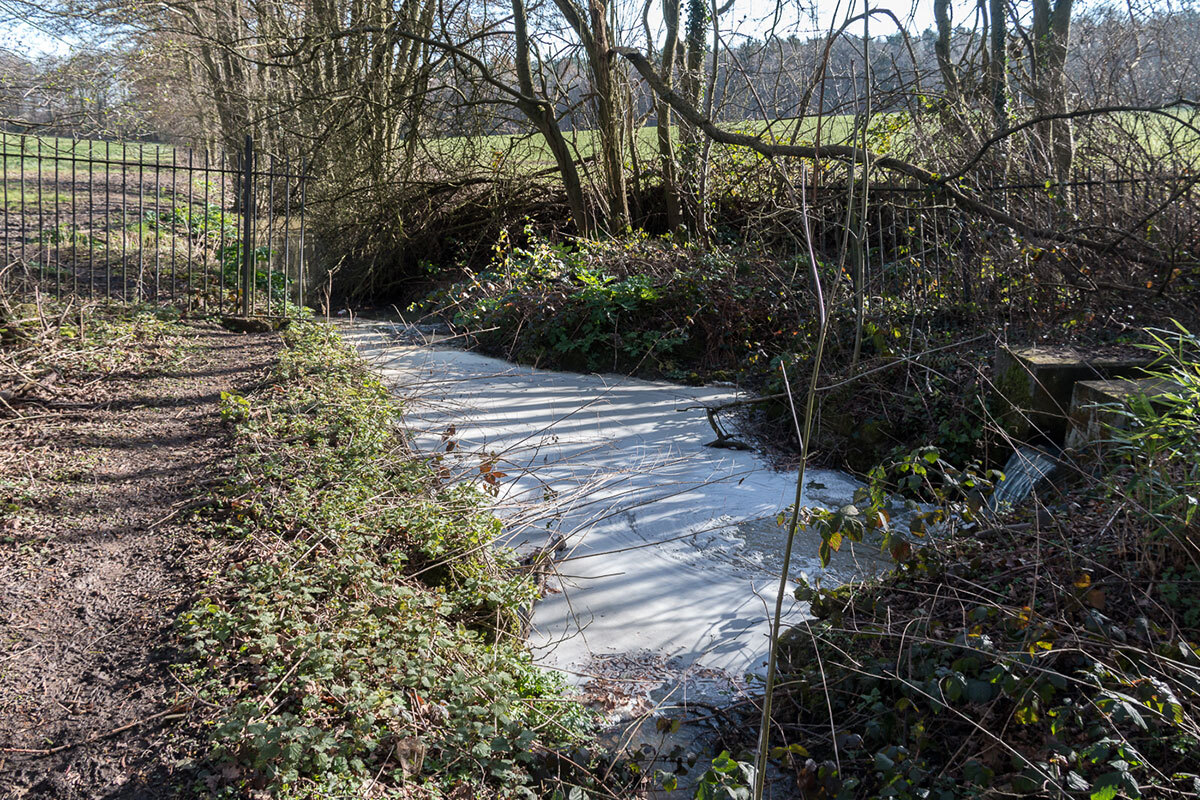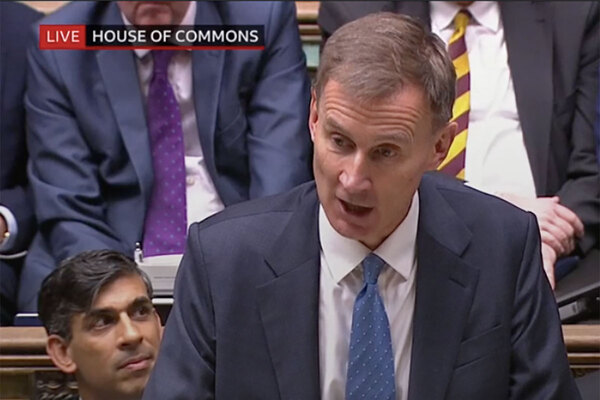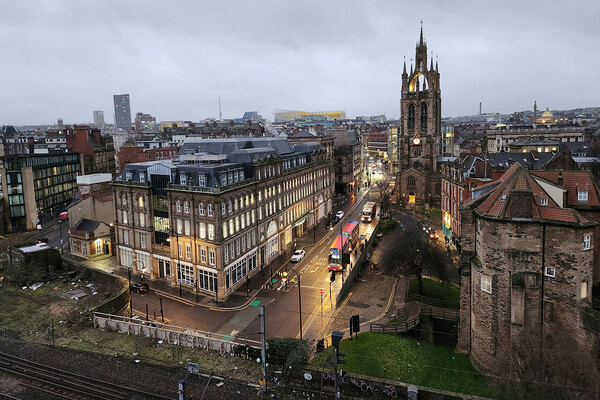You are viewing 1 of your 1 free articles
Natural England welcomes Labour’s approach to nutrient neutrality logjam
The chair of Natural England has welcomed the Labour government’s approach to changing nutrient neutrality rules.

Tony Juniper said he was “delighted” to see the Ministry of Housing, Communities and Local Government (MHCLG) and Department for Environment, Food and Rural Affairs (DEFRA) working together in a “more efficient and more strategic way”.
Speaking on the Today programme on Tuesday, Mr Juniper said he supported changes to the “delivery pathway” of nutrient neutrality rules, which developers have claimed are blocking more than 100,000 homes from being built in areas with high levels of river pollution.
He said: “If we are serious about achieving nature recovery, we can’t diminish the protections. But what we can do is achieve those protections and go beyond them in ways that are quicker and more efficient.
“Hitherto we’ve been looking at individual developments, trying to mitigate for those… whereas if we look at the entire catchment, the levels of pollution going into the rivers and wetlands from all sources, we can get a much better handle on what needs to be done.”
Natural England had previously advised that any new developments in these areas must be nutrient neutral, effectively banning new houses unless councils have offsetting schemes in place.
Under the government’s new approach, it is likely that developers will be able to start their housing projects and then work out how to deal with phosphate and nitrate pollution along the way.
Last year, the Conservative government wanted to scrap nutrient neutrality rules, deeming them “defective EU laws”, but the amendment was blocked by a Labour-led rebellion in the House of Lords.
Mr Juniper explained: “Labour in opposition blocked a proposal to do away with requirements under the habitats regulations to mitigate for damage caused to protected sites through additional water pollution.”
He added: “What we’re talking about here is really a mitigation compared to what needs to be done to protect the environment into the long term, which is about investment in waste water treatment, to be thinking much more about green infrastructure, and to be thinking at landscape scale.
“This can be done. It requires some political leadership, and happily we have that set out from the secretaries of state for DEFRA and MHCLG.”
Labour’s collaborative approach was outlined in a joint letter to nature conservation organisations by housing secretary Angela Rayner and environment secretary Steve Reed on 20 July.
The letter read that “nature recovery remains a top priority alongside the need to overhaul the planning system, grow the economy and reach net zero”.
It continued: “We want to use the value gained from enabling development to proceed quickly and smoothly to support nature recovery – and to do so in a way that gives everyone involved greater certainty. And we will only legislate if we are confident that it achieves these outcomes.”
MHCLG confirmed to the BBC that the nutrient neutrality rules will change under Labour. A government spokesperson told Inside Housing: “Our commitment to the environment is unwavering and nature recovery will be at the heart of our approach as we get Britain building again.
“We will implement solutions to unlock the building of homes affected by nutrient neutrality without weakening environmental protections. We will also take steps to make sure we are building more high-quality, well-designed and sustainable homes and creating places that promote nature recovery.”
A total 74 planning authorities across England have paused housebuilding since May 2022 because of high levels of nitrates and phosphates in wetland areas, which are killing the invertebrates eaten by protected birds.
The rules were originally introduced under an EU directive on habitats and reinforced by a 2018 ruling by the Court of Justice of the European Union, but were expanded by Natural England to cover more areas in 2022.
Sign up for our development and finance newsletter
Already have an account? Click here to manage your newsletters










